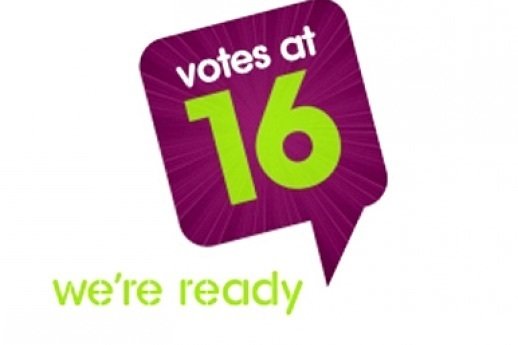Voting age should be lowered, politically active teens need voice
November 28, 2018
The national voting age in the U.S. is currently 18 years old, but the Southerner Editorial board thinks the voting age should be lowered to 16 years old to give more teenagers the ability to participate in our government.
A 16th birthday is a pivotal point in adolescence. At this age, the ability to drive, work and get married are all suddenly unveiled. With these freedoms also comes the application of labor laws, driving laws and marriage license laws.
These individuals are suddenly forced to abide by these widespread and enforced laws, but they are not given the right to vote on the laws or the people representing them.
In 1971, Congress ratified the 26th amendment which lowered the national voting age from 21 to 18 years old.
Pressured by popular opinion during the Vietnam War, Congress decided that if someone was able to die in battle then they should be able to vote, triggering the saying, “Old enough to fight, old enough to vote.” When highly influential laws were imposed on individuals, those individuals were granted the right to vote.
The current Georgia governor’s race between Republican candidate Brian Kemp and Democratic candidate Stacey Abrams will likely end in a runoff, so every vote each candidate can earn is very important. At Grady, we know many students are eager to vote and be a part of this historic election.
Many high school students across the nation are also heavily involved in political participation, but only a small portion have the right to vote.
After the devastating mass shooting at Marjory Stoneman Douglas High School in Florida in February of 2018, students were encouraged to get involved in making a difference to prevent these situations from ever happening again. Unfortunately, many of these same students cannot vote on changes they want to see happen.
According to the U.S. Census Bureau, voters ages 18 to 24 were the only age group to show a significant increase in voter turnout in recent years, especially in the 2008 Presidential Election.
Not to mention, lowering the voting age would encourage the habit of voting at an early age, ultimately increasing the number of voters for years to come.
We understand that the idea of more teenagers being able vote may scare some people who believe teenagers are not mature or informed enough to make decisions when voting. This point is valid, but these qualities are not only limited to teenagers. There are voting Americans of all age groups who may not be as knowledgeable about the current issues and events happening in America, yet they still have the right to vote.
Change is already beginning to happen not only on a national scale but an international scale. Several countries such as Austria, Germany, and Brazil have extended voting rights to 16-year-olds. Additionally, residents of Greenbelt, Maryland have also extended municipal voting rights to 16 and 17-year-olds.
Our nation, as a whole, needs to hop on this train and make this necessary change to our voting rights. Because political decisions affect teens as well, we need to have voice in politics, too.






